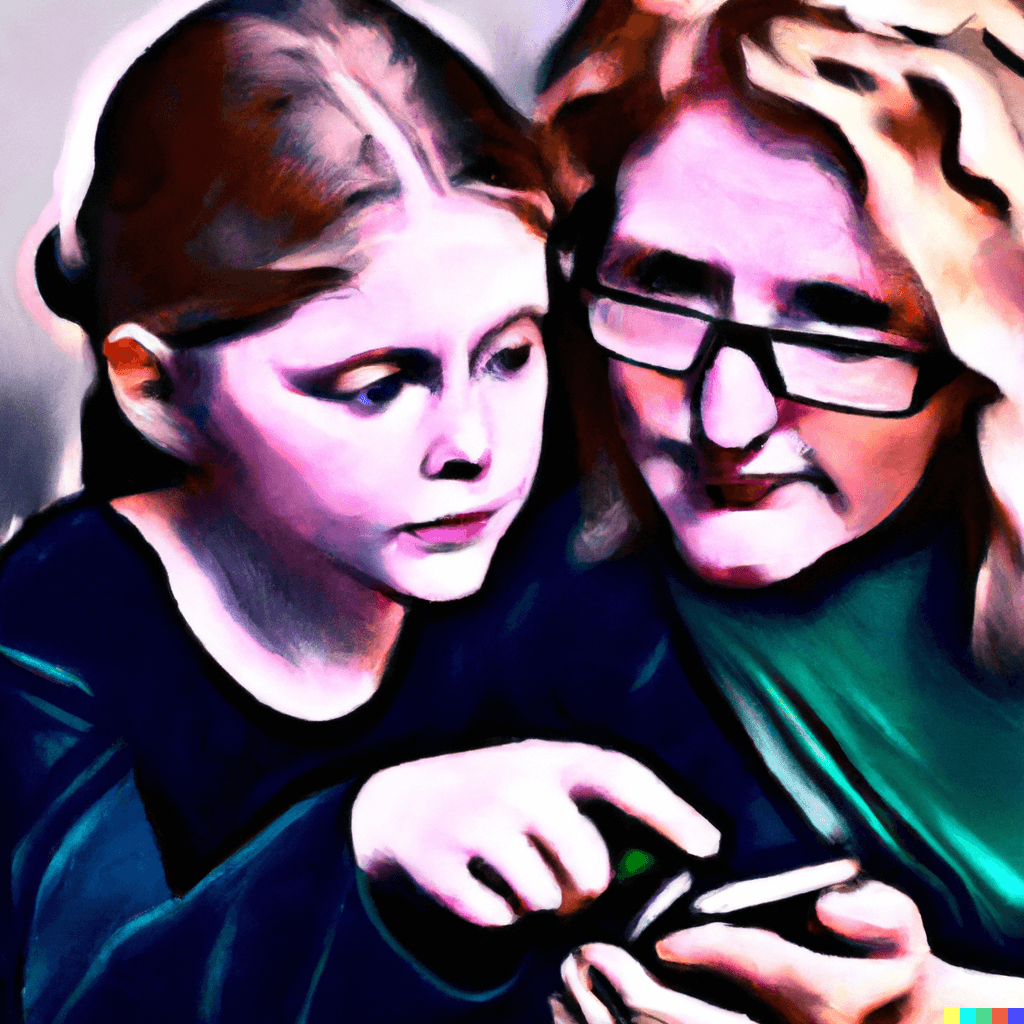When it comes to the question of on-screen media, most people seem to agree that it is bad for early childhood development. However, according to a recent study, screen time may not be as bad for babies and toddlers as generally assumed - but only under certain conditions.
Screen exposure may have no negative impact and perhaps even benefit cognitive and IQ development, language learning, executive function, and focus. It's nevertheless important to consider the content. First, it is not a big surprise that allowing young kids to view educational programs specifically designed for their age gives better results than those intended for an older audience. While exposure to adult-oriented content before age two can lead to delays in language learning, exposure to toddler-oriented educational subjects is correlated to better subsequent language skills.
Also, it is common for people to criticize parents for using television as a babysitter, which is often the case. But it can actually bring benefits to kids. To get effective rewards from educational programs, though, very young children need the active physical engagement of a parent or caregiver. Indeed, even if screens can supplement live learning and play, they cannot replace it. In addition to any negative effects on learning, screens also affect how much time children spend on other fundamental activities. The authors of the study theorize that "watching screens does not have a direct detrimental effect but distracts children from other important daily engagement in play or learning with others."
So, despite the potential benefits of some on-screen content, live social interactions and play appear to be irreplaceable ways of cognitive development, even by the best educational programs. The other downside is that screens can affect the caregivers themselves. Whether the content is directed to the adult or the child, on-screen media decrease the time caregivers spend speaking to and interacting with their young children, keeping them away from more effective play and other crucial educational live activities. The researchers have found that even a kid-friendly television in the background tends to lower parent-child interactions.
What is the bottom line? Well, when it comes to young children's screen time, context matters a lot. And in any case, as a babysitter, a trusted human is a much better choice than television programs, even those called "educational." Whether screens have a positive, negative, or neutral impact on young kids has not been fully determined yet, but everything suggests that screens are unreliable substitutes for caregiver-child interactions.

Picture: A young girl using a smartphone, next to Mom advising her (ChildUp & DALL-E - 2023)



